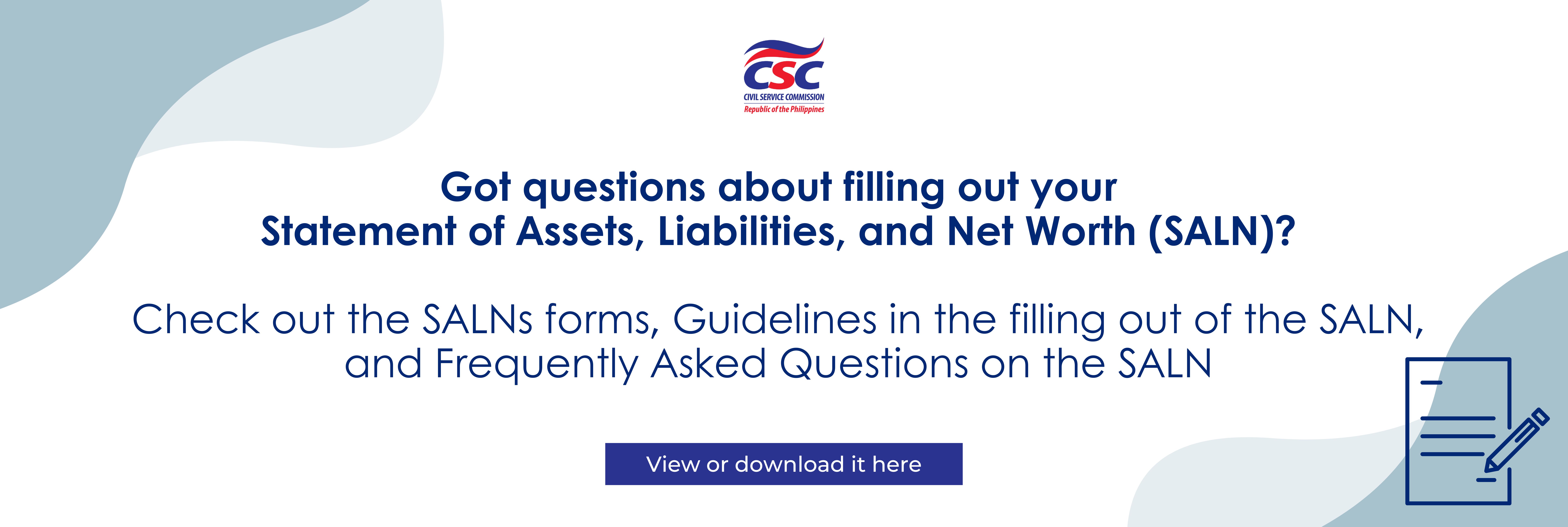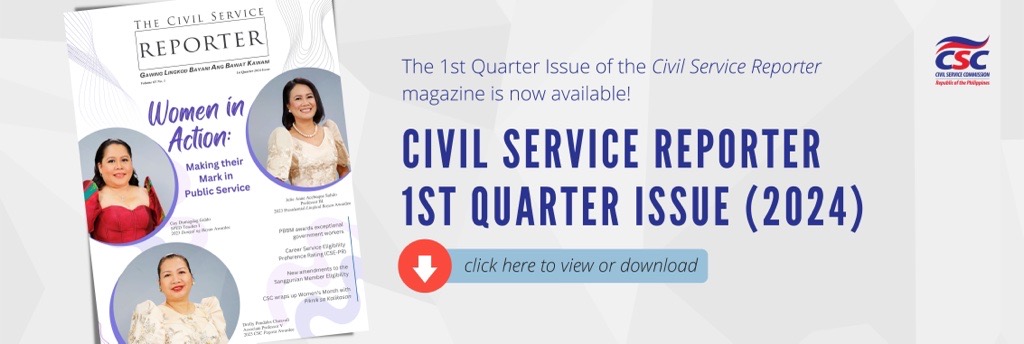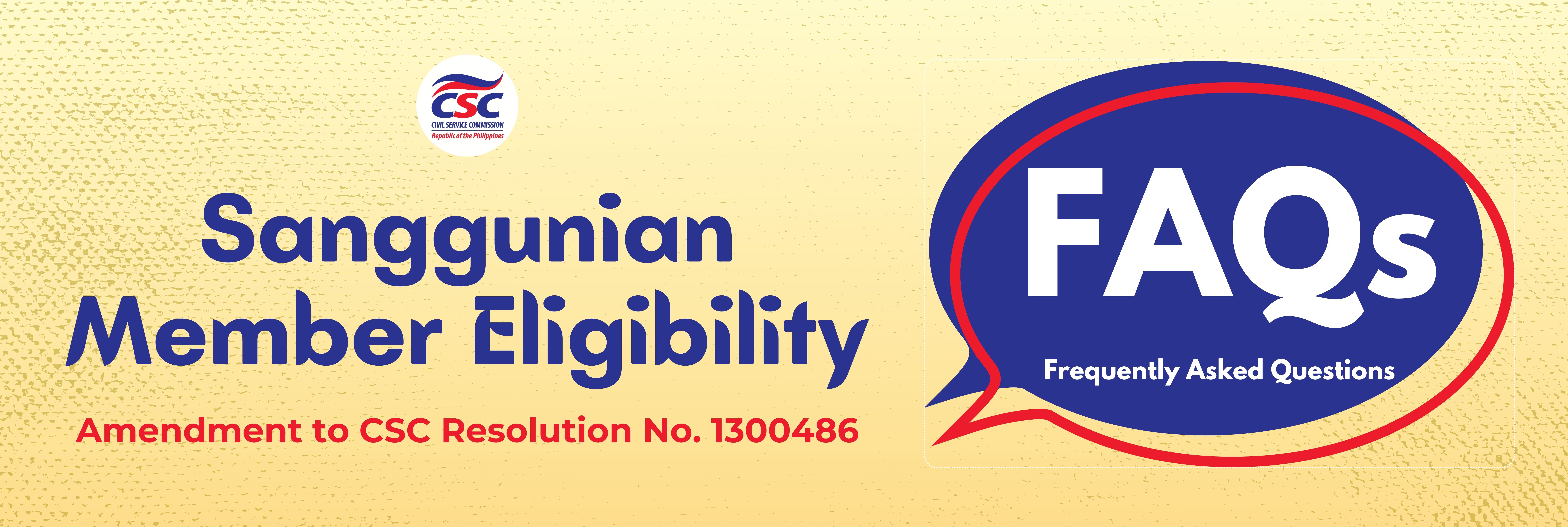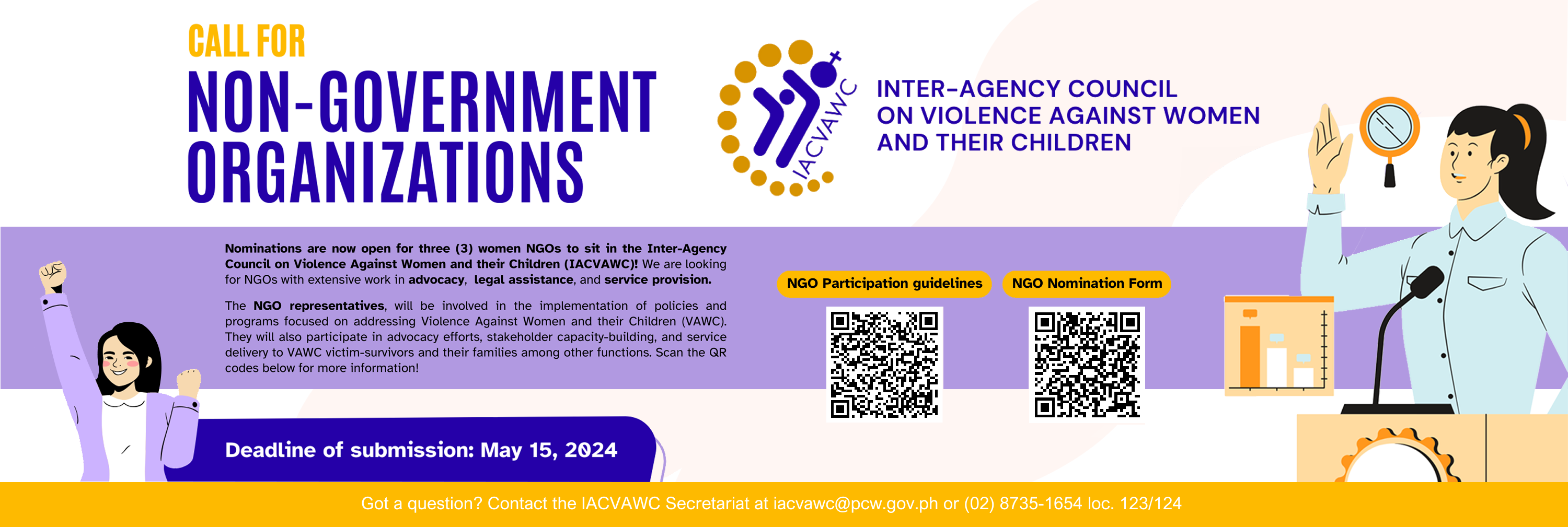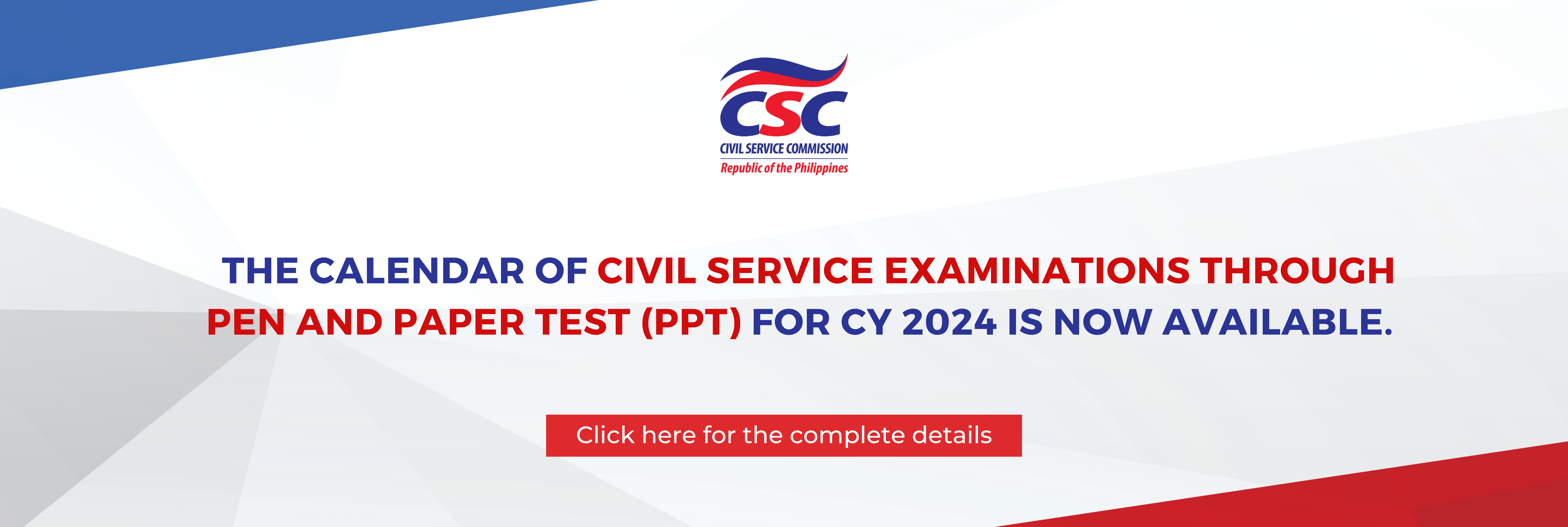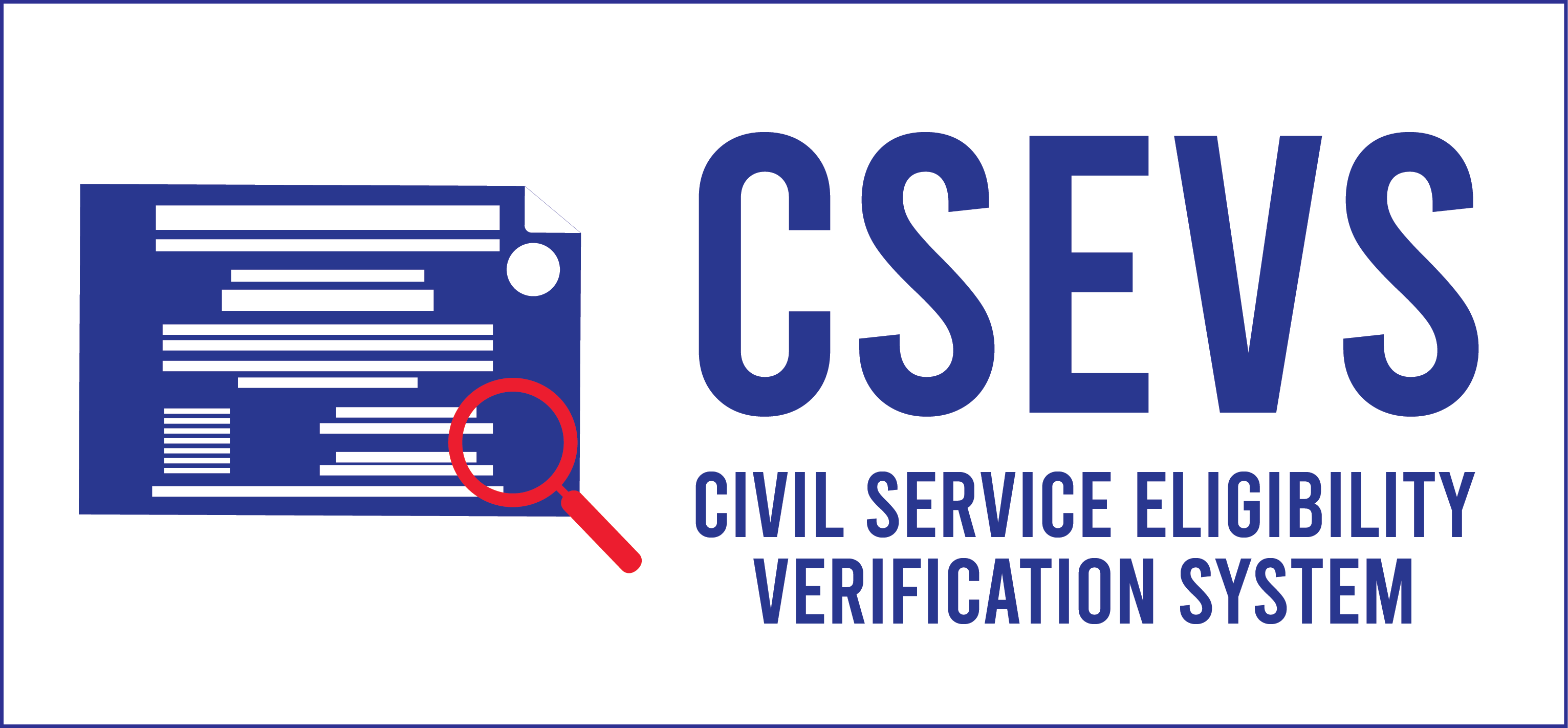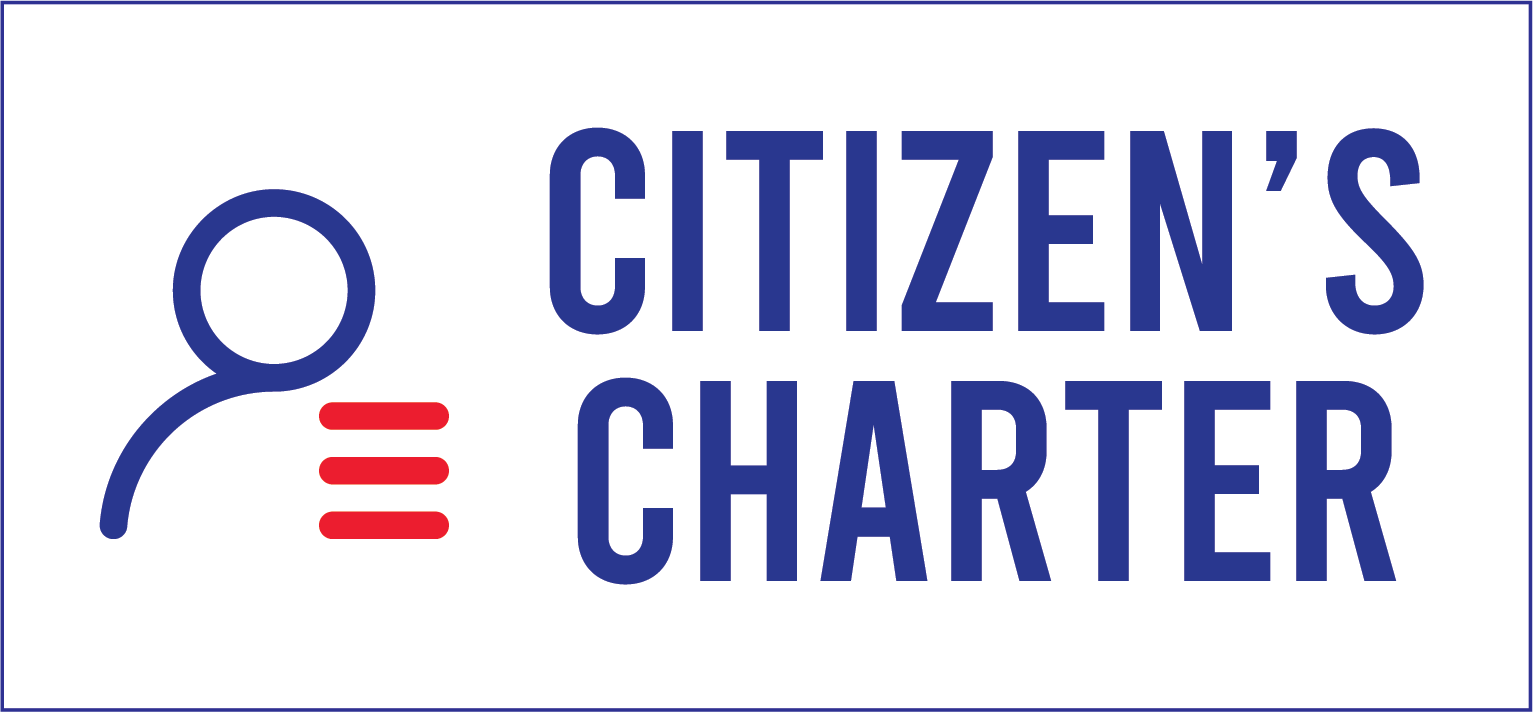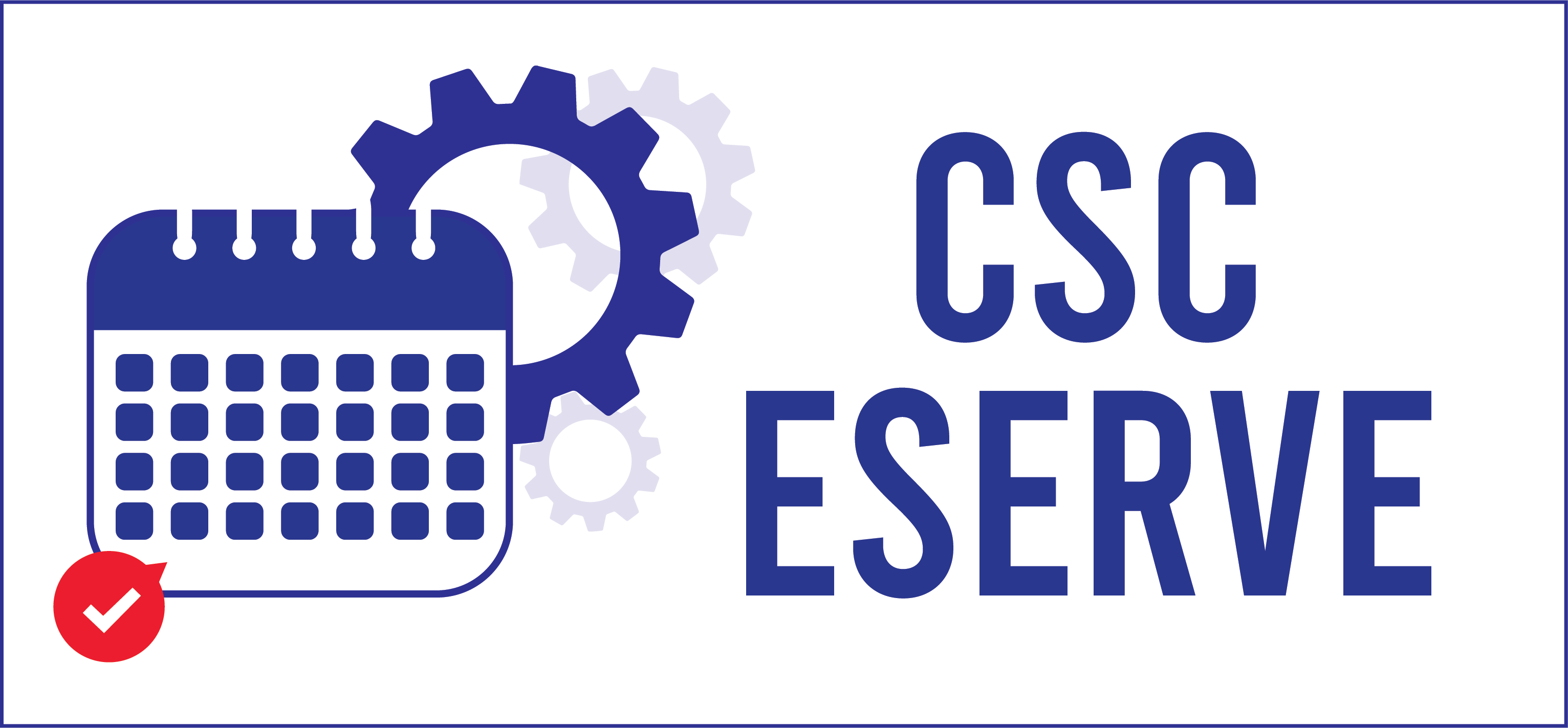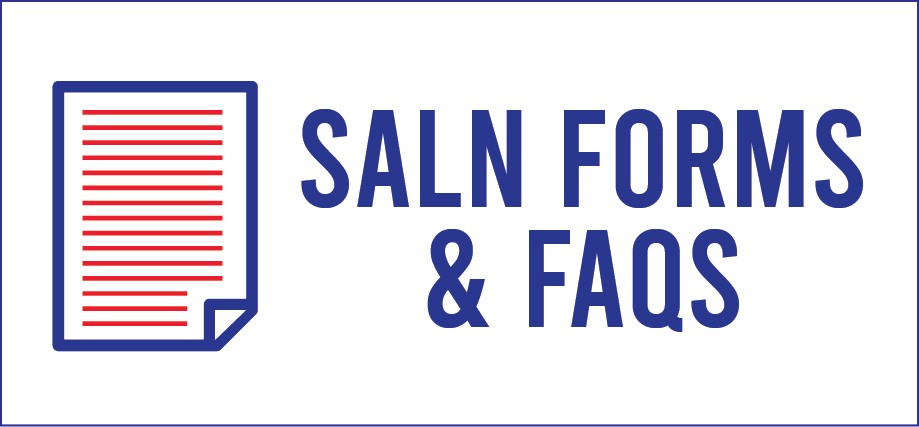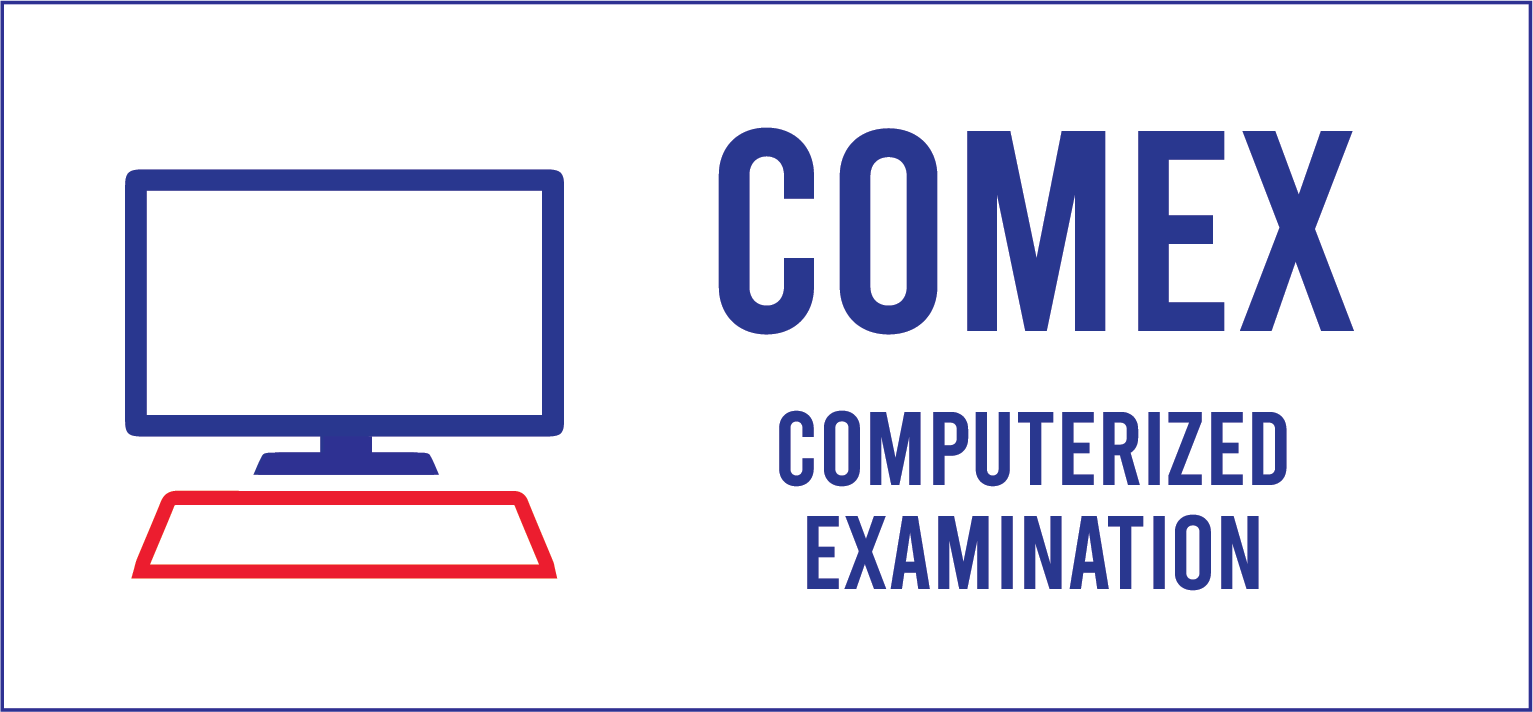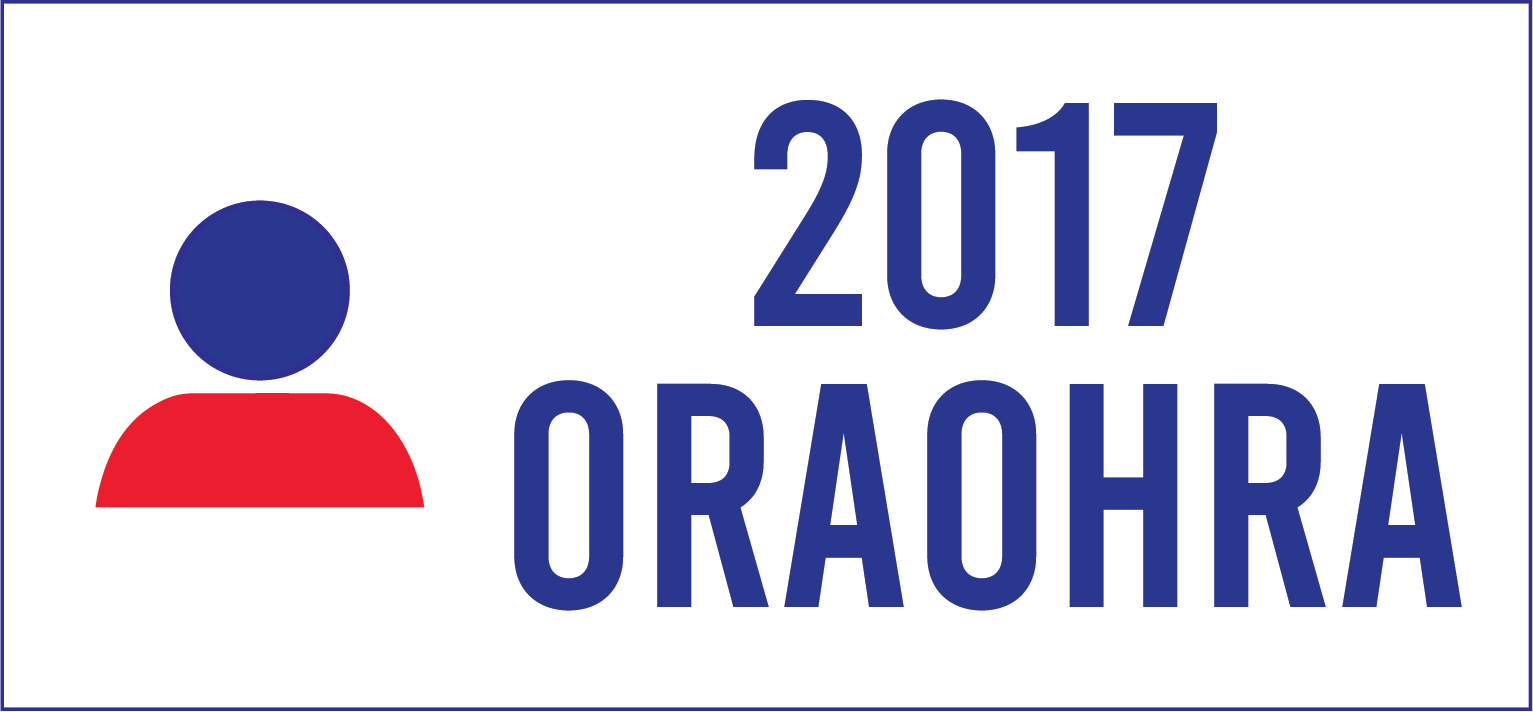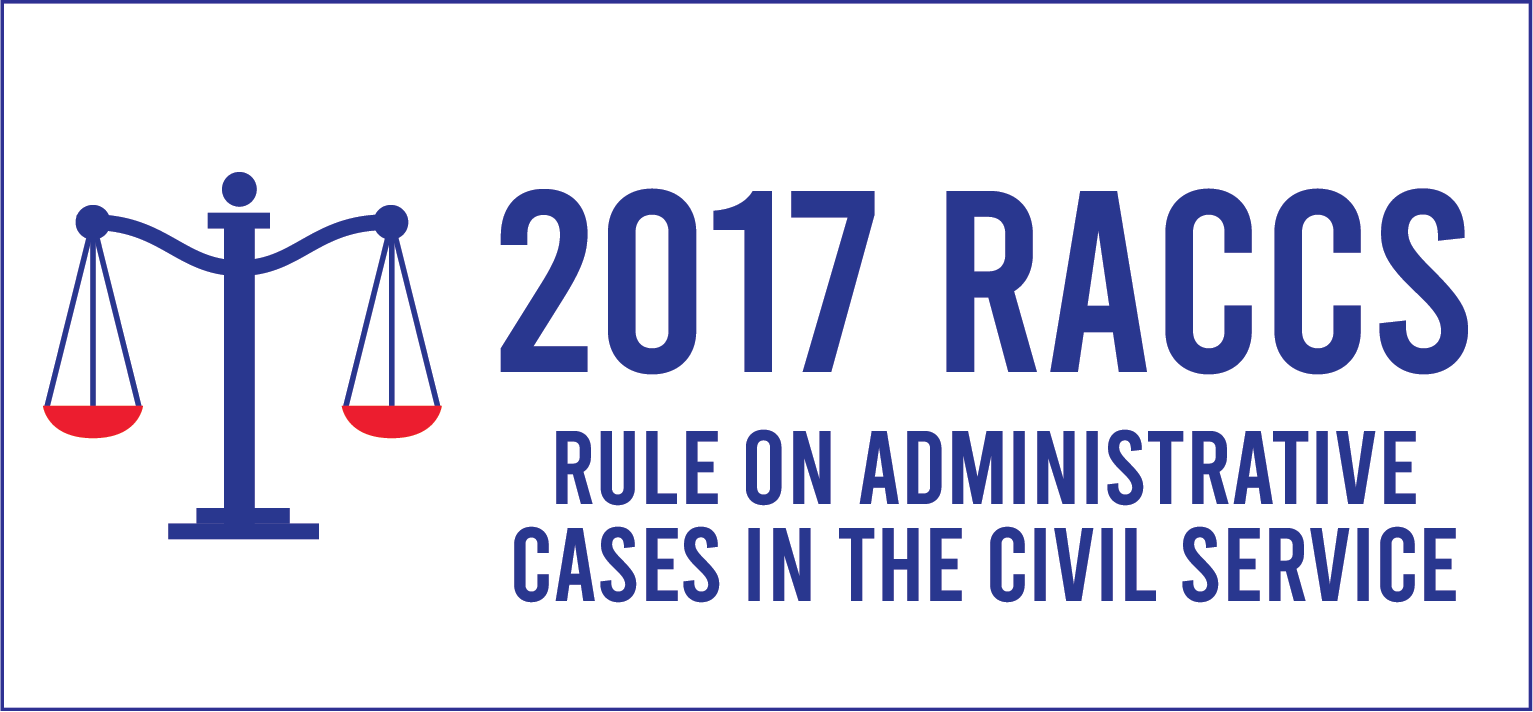Government workers can be assured of their health and safety in their workplaces after the Civil Service Commission (CSC), Department of Health (DOH), and Department of Labor and Employment (DOLE) jointly issued guidelines on occupational safety and health standards.
CSC-DOH-DOLE Joint Memorandum Circular No. 1, s. 2020 aims to institutionalize occupational safety and health (OSH) in government workplaces to protect government workers from the dangers of injury, sickness, or death and to prevent loss or damage of properties through the adoption of safe and healthy working conditions.
The Guidelines on OSH Standards requires government agencies to establish their own OSH Program, create a Safety and Health Committee and/or a Special Investigation Committee, and appoint or designate a Safety Health Officer, to ensure their compliance with OSH Standards and the promotion and effective implementation of OSH in their workplaces.
The guidelines provide a long list of reasonable working conditions. Workplace standards that agencies must comply with include installation of adequate fire, emergency, or danger signs, facilities for persons with disabilities, and health clinic or treatment room; regular practice of good housekeeping such as eradication of stagnant water and proper waste disposal; OSH Standard-compliant building construction and maintenance, space requirement, walkway surface, floor and wall openings, among others; provision of OSH Standard-compliant personal protective equipment (PPE) and devices; proper handling, use, and storage of hazardous materials; and implementation of an indoor air quality management program.
Government agencies must also establish a Risk Reduction Management System and a Crisis Management Plan and Contingency Program, as well as ensure adequate emergency supplies such as fire extinguishers, medical first aid kits, among others. They must also partner with the nearest government health facility that can respond to accidents and injuries in case of emergencies.
Support facilities such as recreation areas, training rooms, and daycare facility, as well as lactation stations for lactating mothers, must be provided. Moreover, the special needs of pregnant women, older employees, the differently-abled, and those with limited working abilities must be considered in determining reasonable work assignments and a good working atmosphere.
The guidelines further mandate agency heads to ensure adequate working breaks to minimize or prevent employees’ exposure to illness due to prolonged sitting, as well as to allow and adopt flexible work arrangements. The agency’s internal rules on working hours, break, and leave privileges must still observe appropriate civil service rules and regulations.
Workplace policies and programs on smoking, prohibited drugs, tuberculosis, HIV and AIDS, Hepatitis B, and medical assistance and benefits must also be implemented.
CSC-DOH-DOLE Joint Memorandum Circular No. 1, s. 2020 was published 7 May 2020 in a newspaper of general circulation and will take effect on 22 May 2020. The complete text of the policy can be accessed here.


